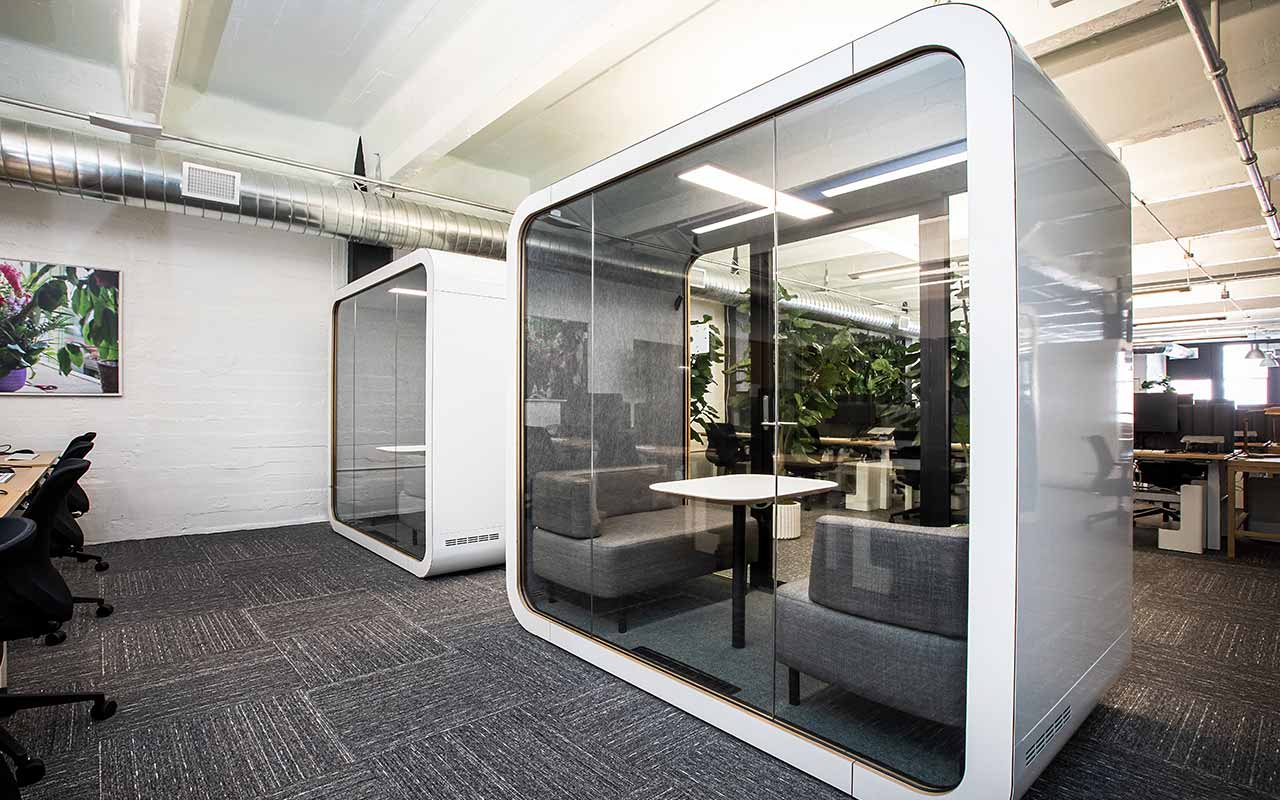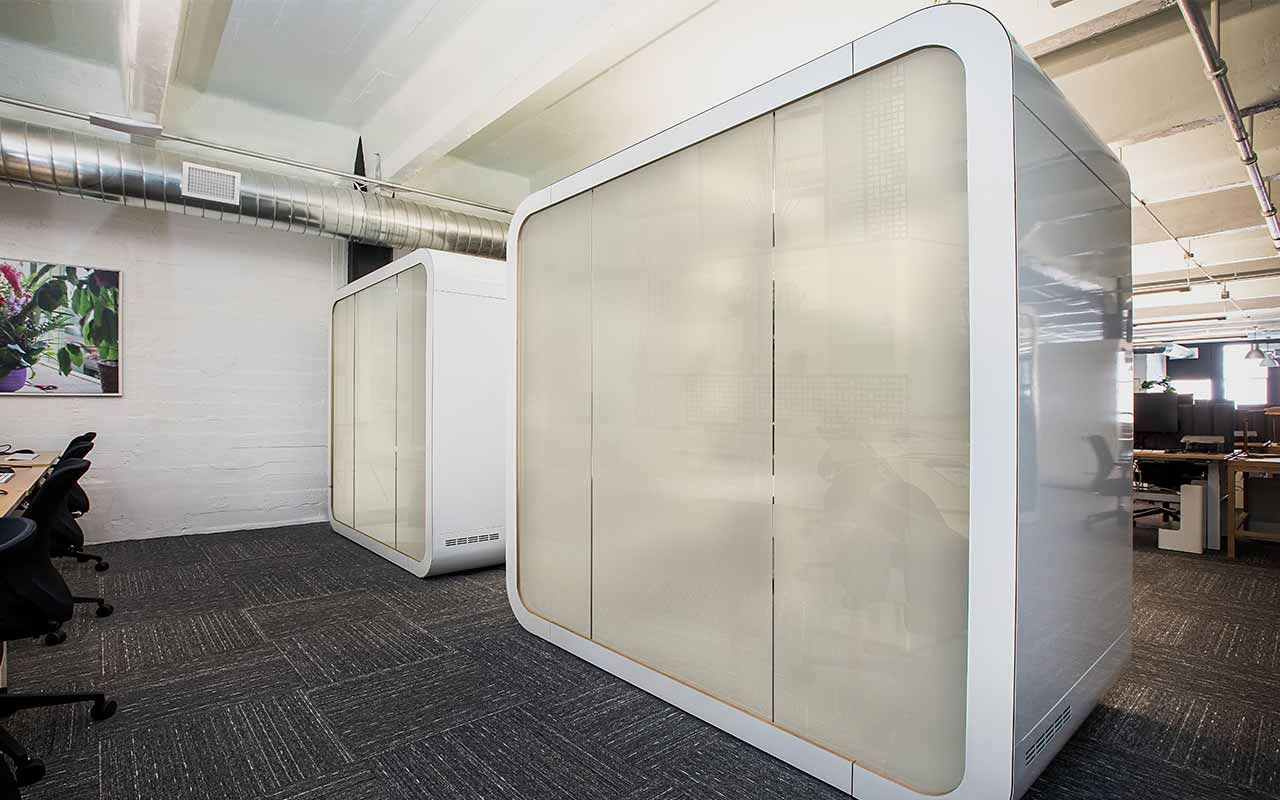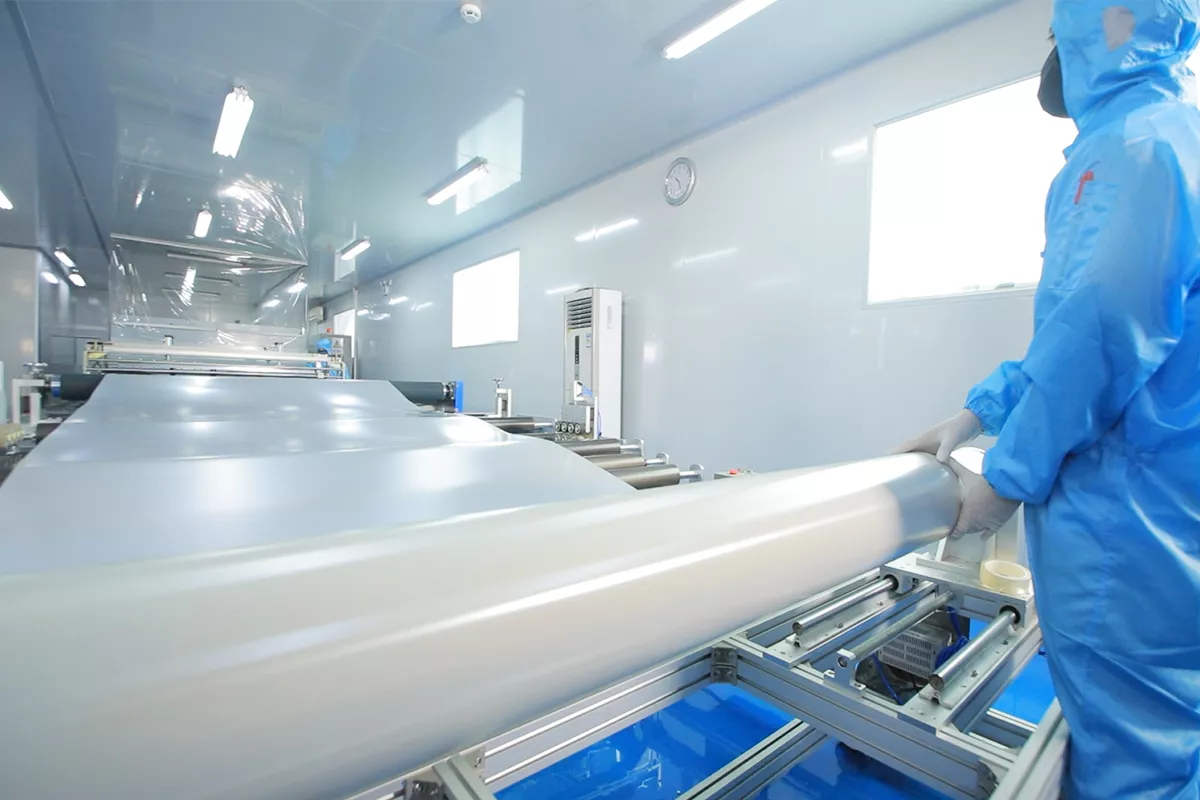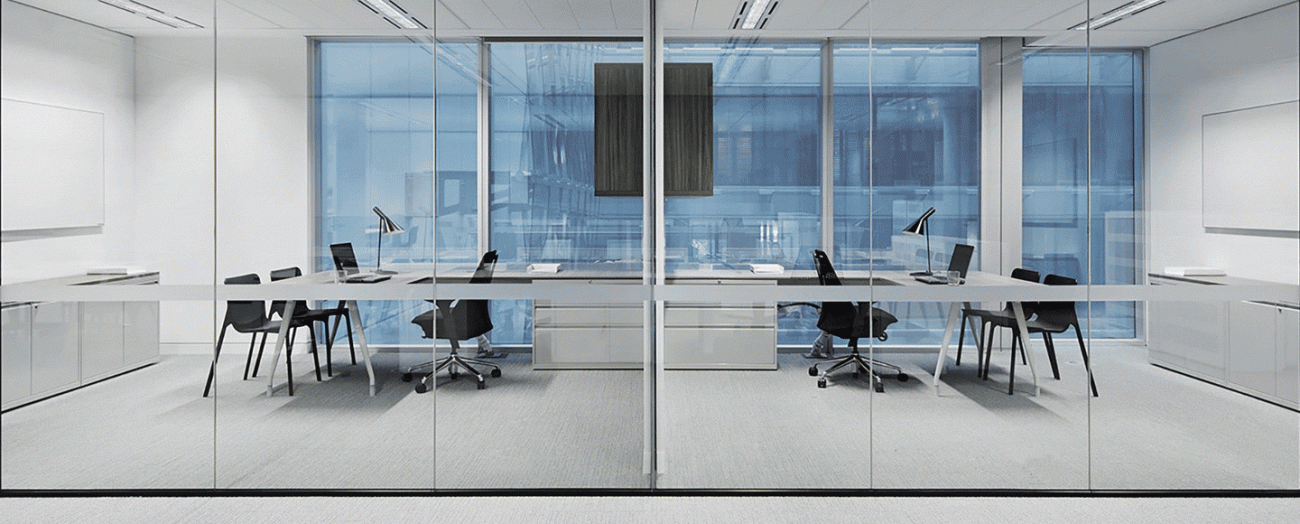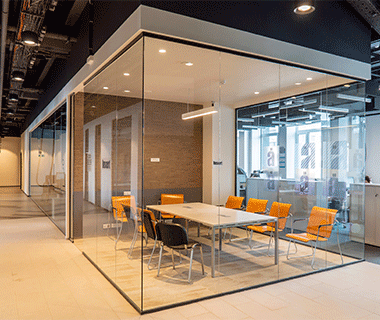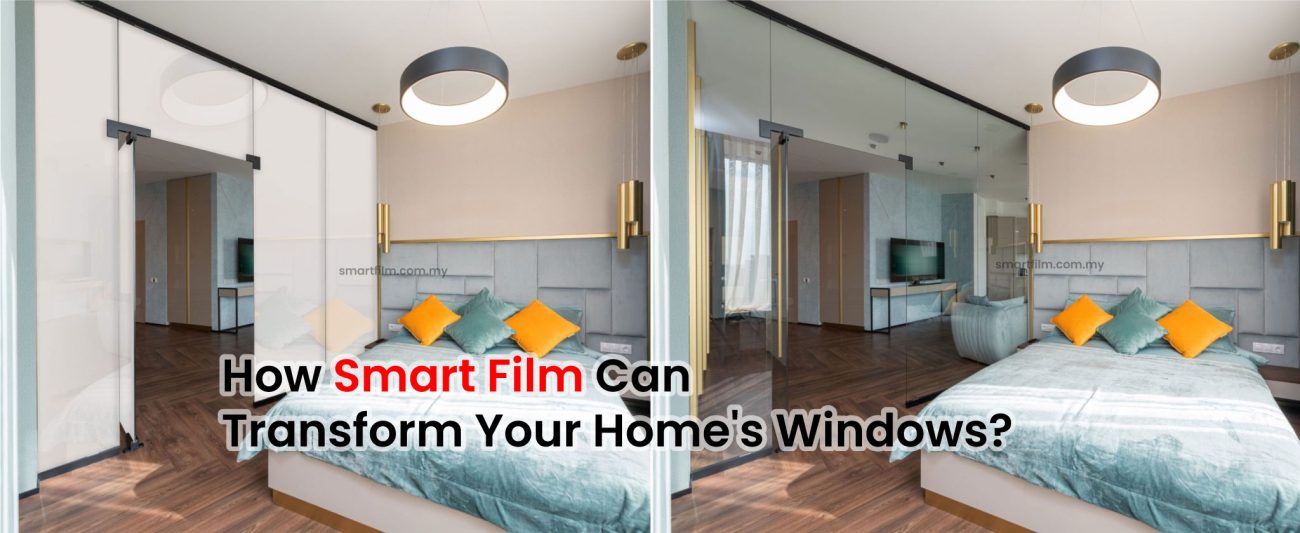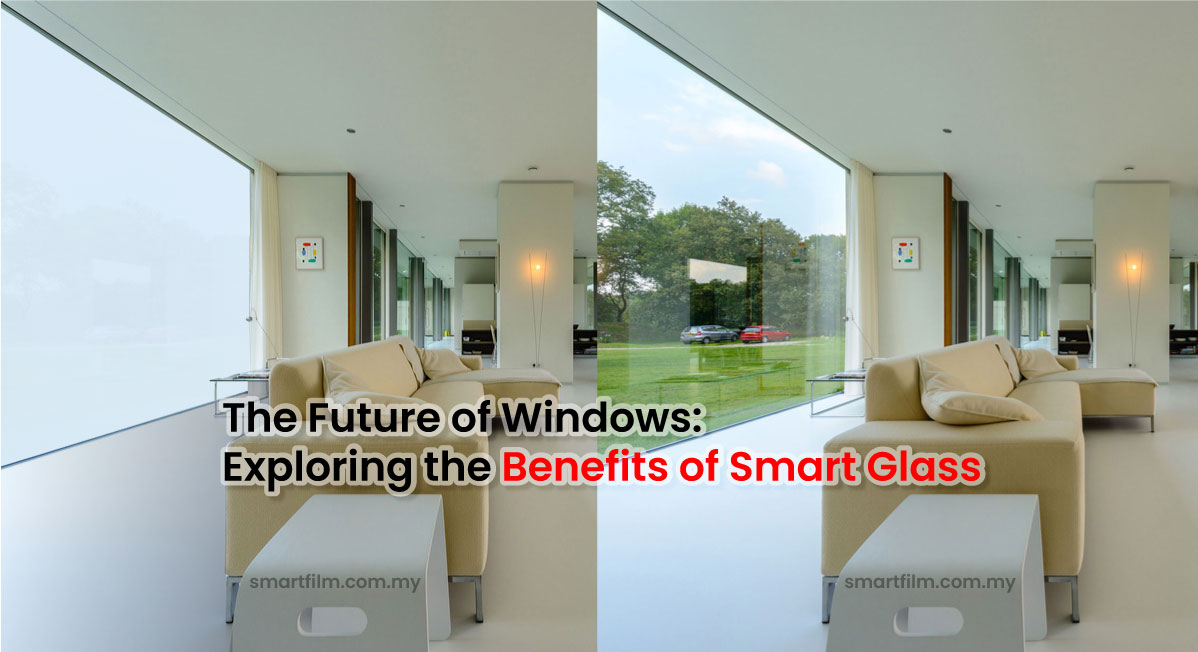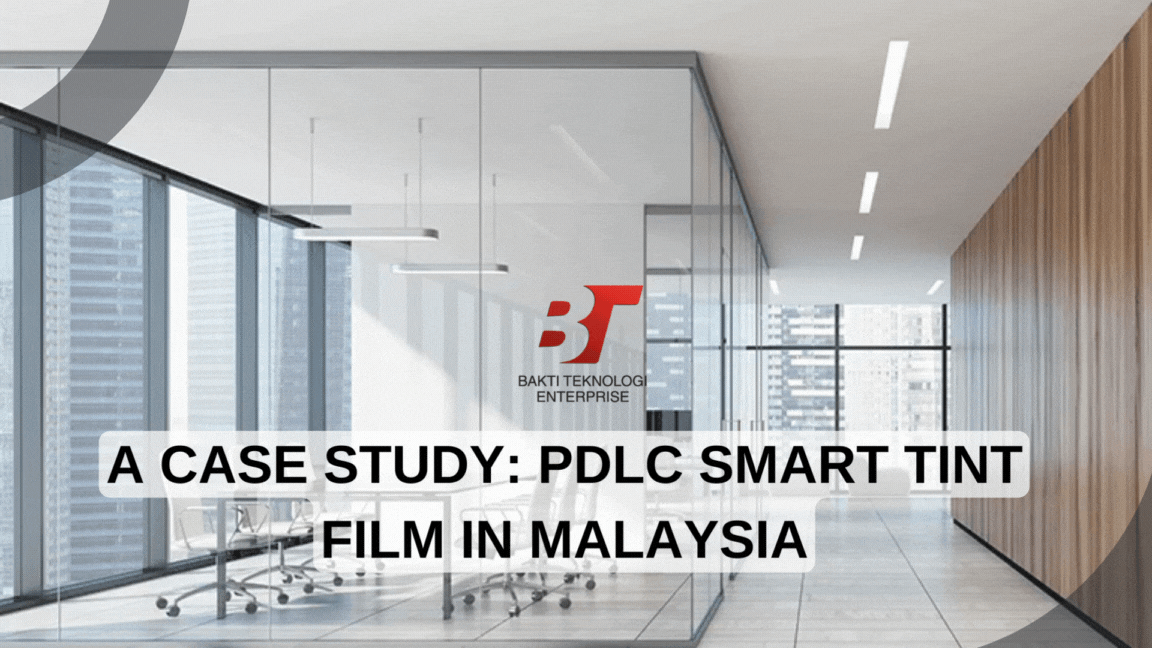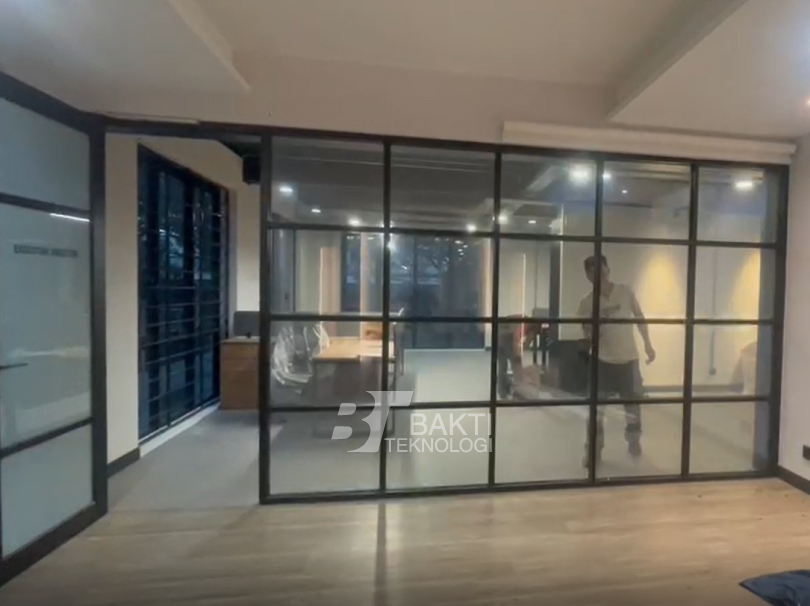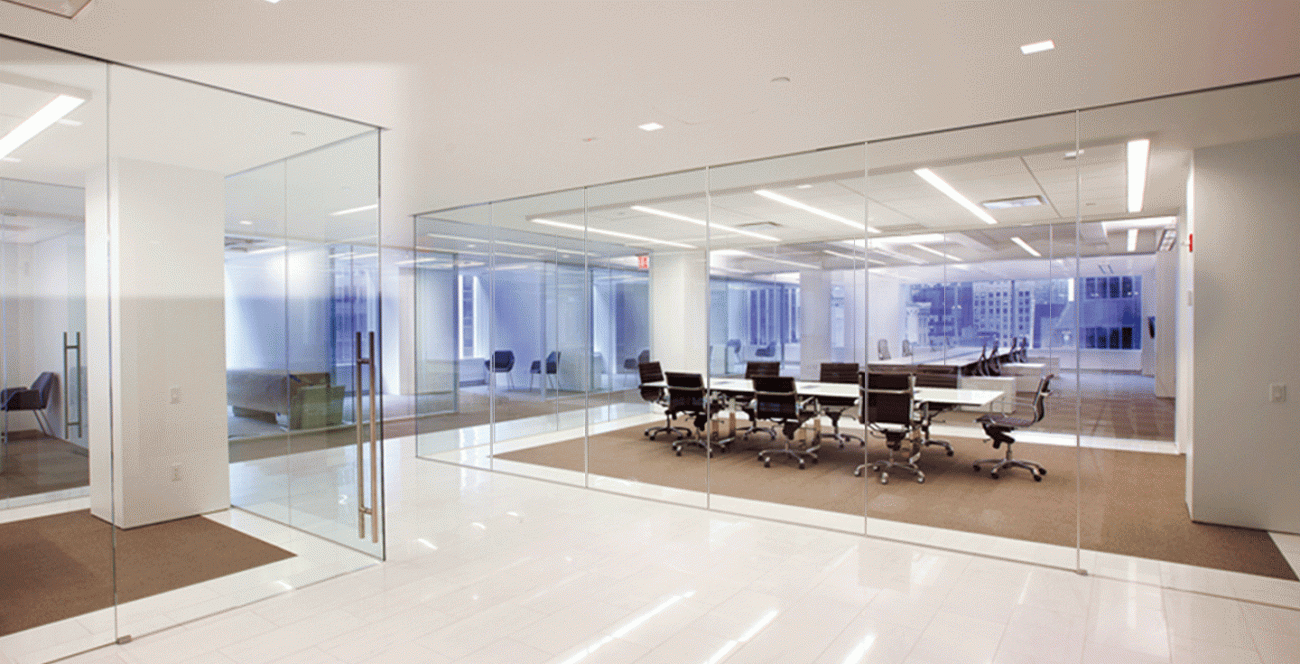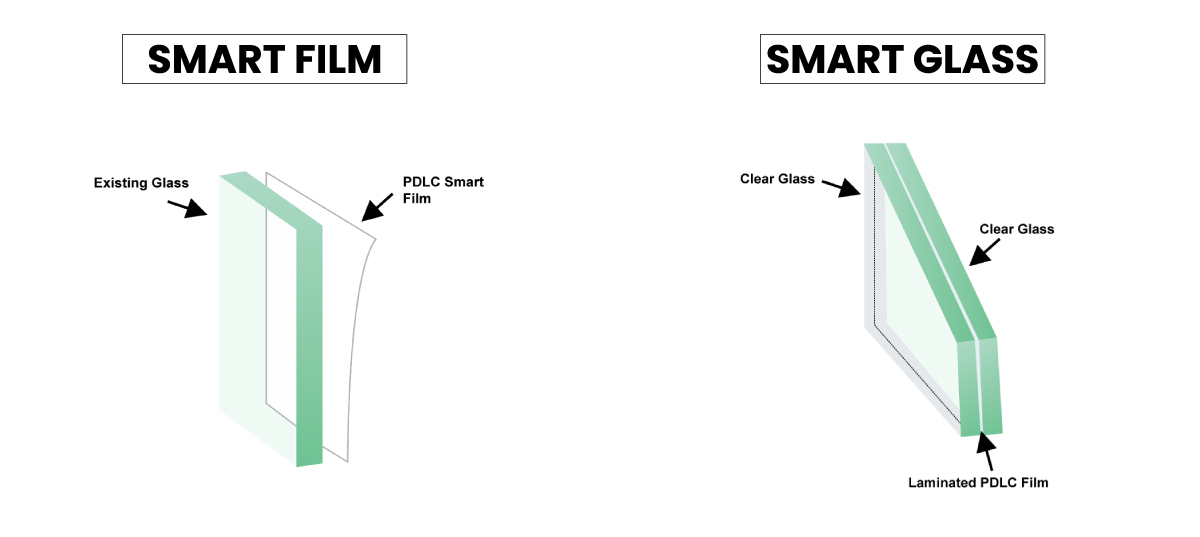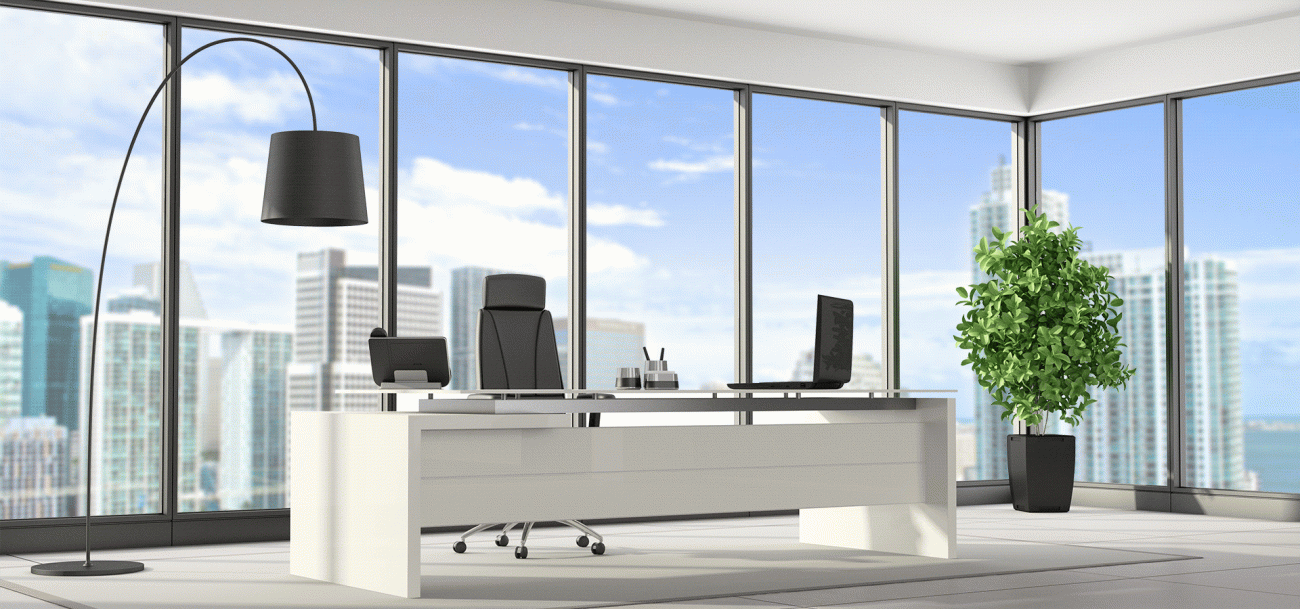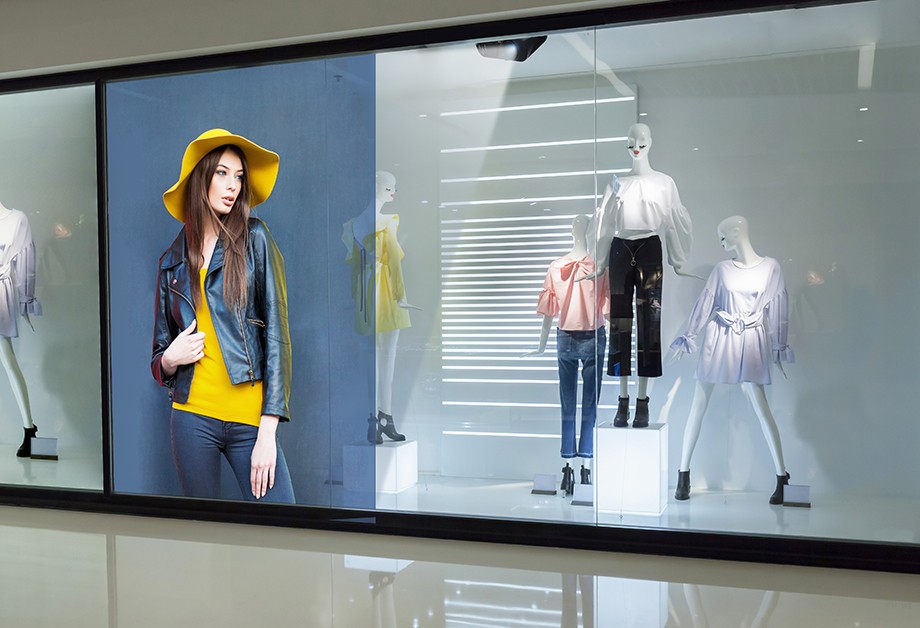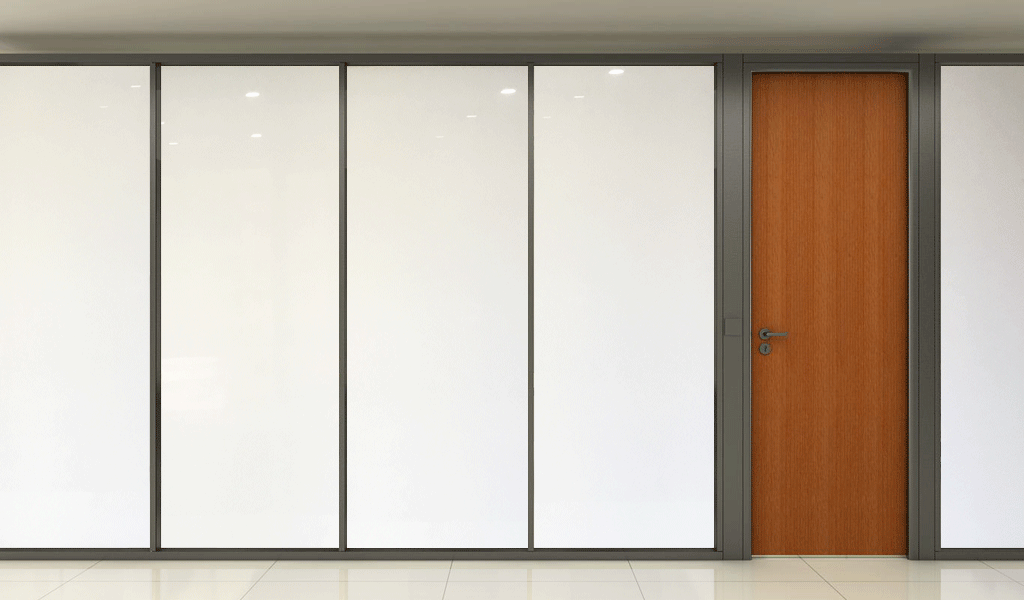Smart film is a cutting-edge technology that has revolutionized the glass industry. The invention of smart film is attributed to the German company SPD Technologies, founded in 1986 by Klaus and Wolfgang Fezer. The company’s initial focus was on developing electronically tintable glass, which eventually led to the development of smart film.
The technology behind smart film involves a liquid crystal layer that can change its orientation in response to an electric current or other stimuli, allowing the film to switch from opaque to transparent. This innovation has opened up a wide range of applications for smart film in various industries.
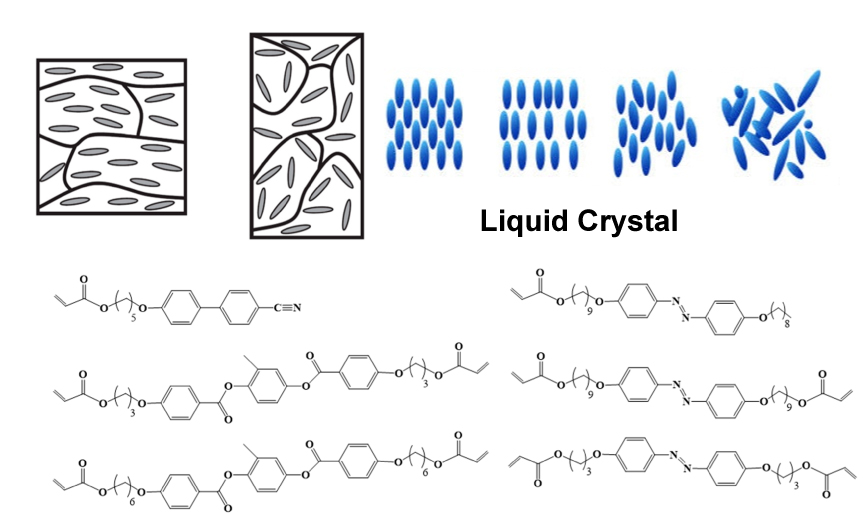
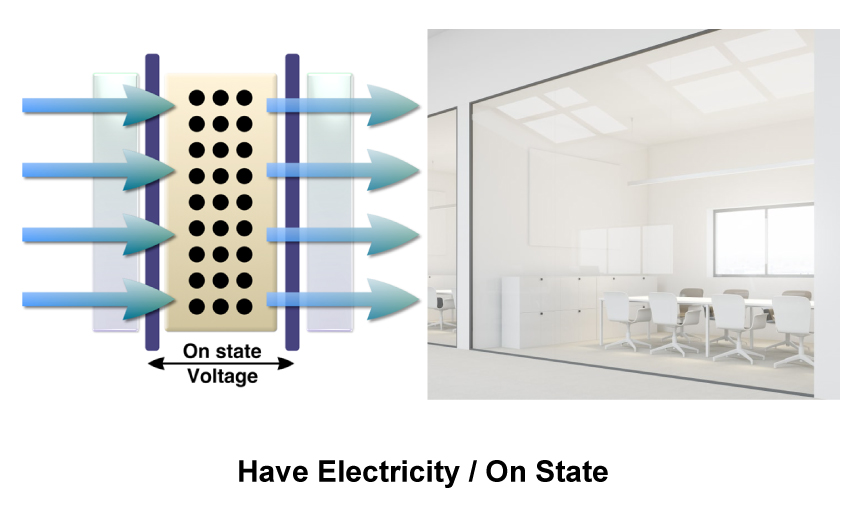
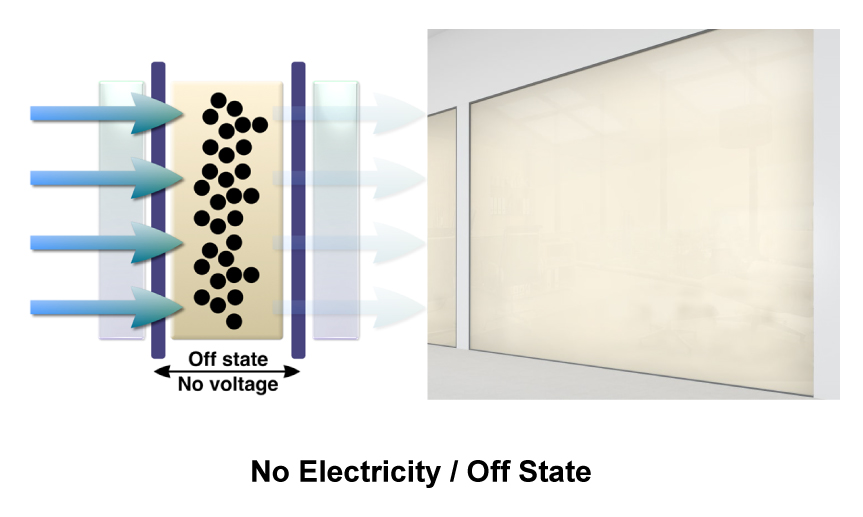
One of the key benefits of smart film is privacy control. Smart film can be used in residential and commercial buildings to provide privacy in areas such as bathrooms, conference rooms, and medical facilities. By switching between opaque and transparent modes with the touch of a button or a remote control, users can control their privacy and visibility.
Smart film is also energy-efficient and can be used to create windows that reduce the amount of heat that enters a building, thereby reducing energy costs. In addition, smart film can be used to create bullet-resistant glass, providing an additional layer of security in high-risk areas such as banks, embassies, and government buildings.
Smart film is versatile and can be used in various industries and applications. In the automotive industry, smart film is used for tinting car windows, reducing heat and glare, and improving privacy. In healthcare, smart film is used to provide privacy for patients in hospitals and clinics. In retail, smart film is used for display windows and dynamic projections, enhancing the visual appeal of storefronts.

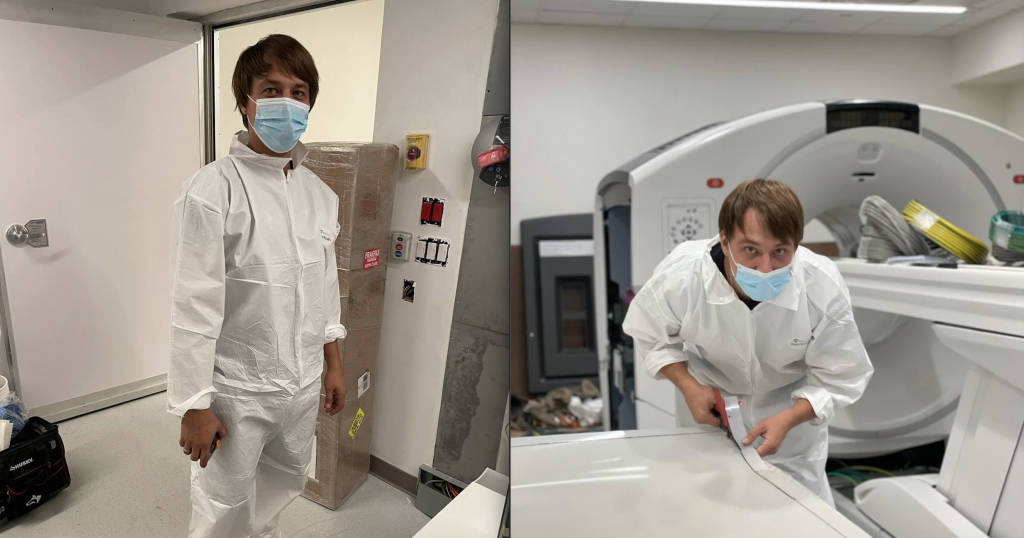
Smart film is also easy to install and requires minimal maintenance. It can be applied to existing glass surfaces, making it a cost-effective option for renovation and upgrading projects. In addition, some advanced smart film products have automatic control features, such as light sensors or timers, which adjust the opacity of the film based on external conditions, such as sunlight or time of day.
In conclusion, smart film is a groundbreaking technology that has opened up a wide range of possibilities in the glass industry. The invention of smart film by SPD Technologies has led to a new era of energy-efficient, secure, and versatile glass solutions. With its privacy control, energy efficiency, security enhancement, versatility, and easy installation, smart film has become a popular choice for architects, designers, and builders in various industries around the world.
